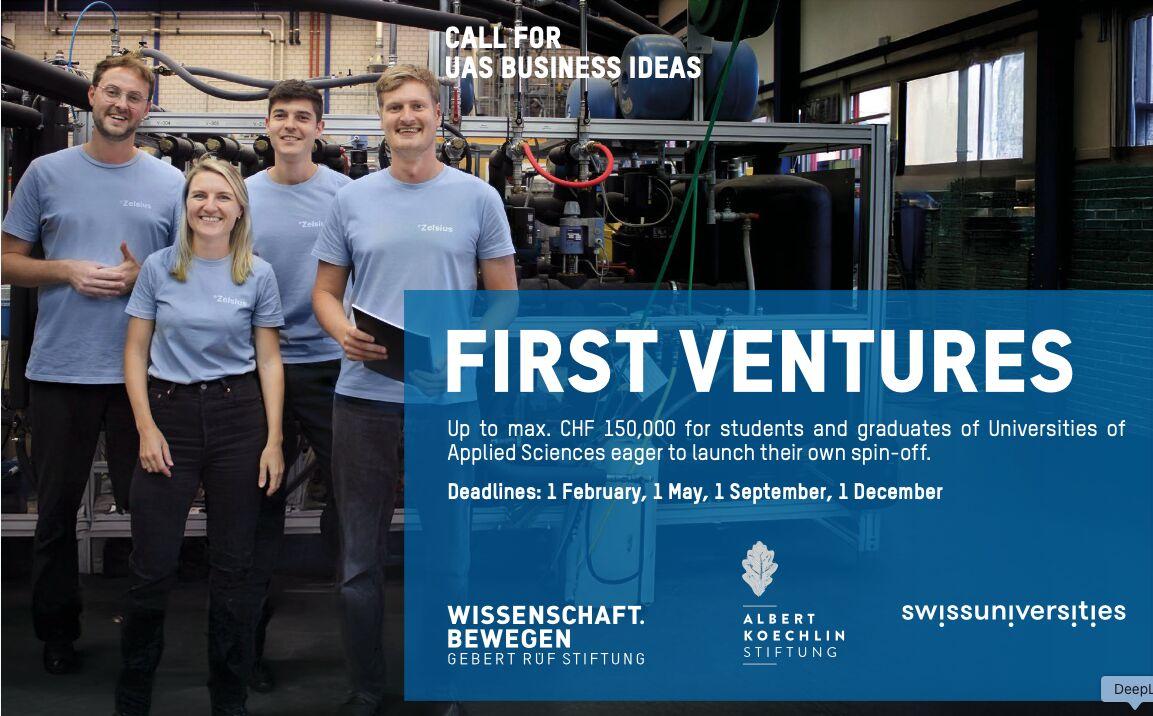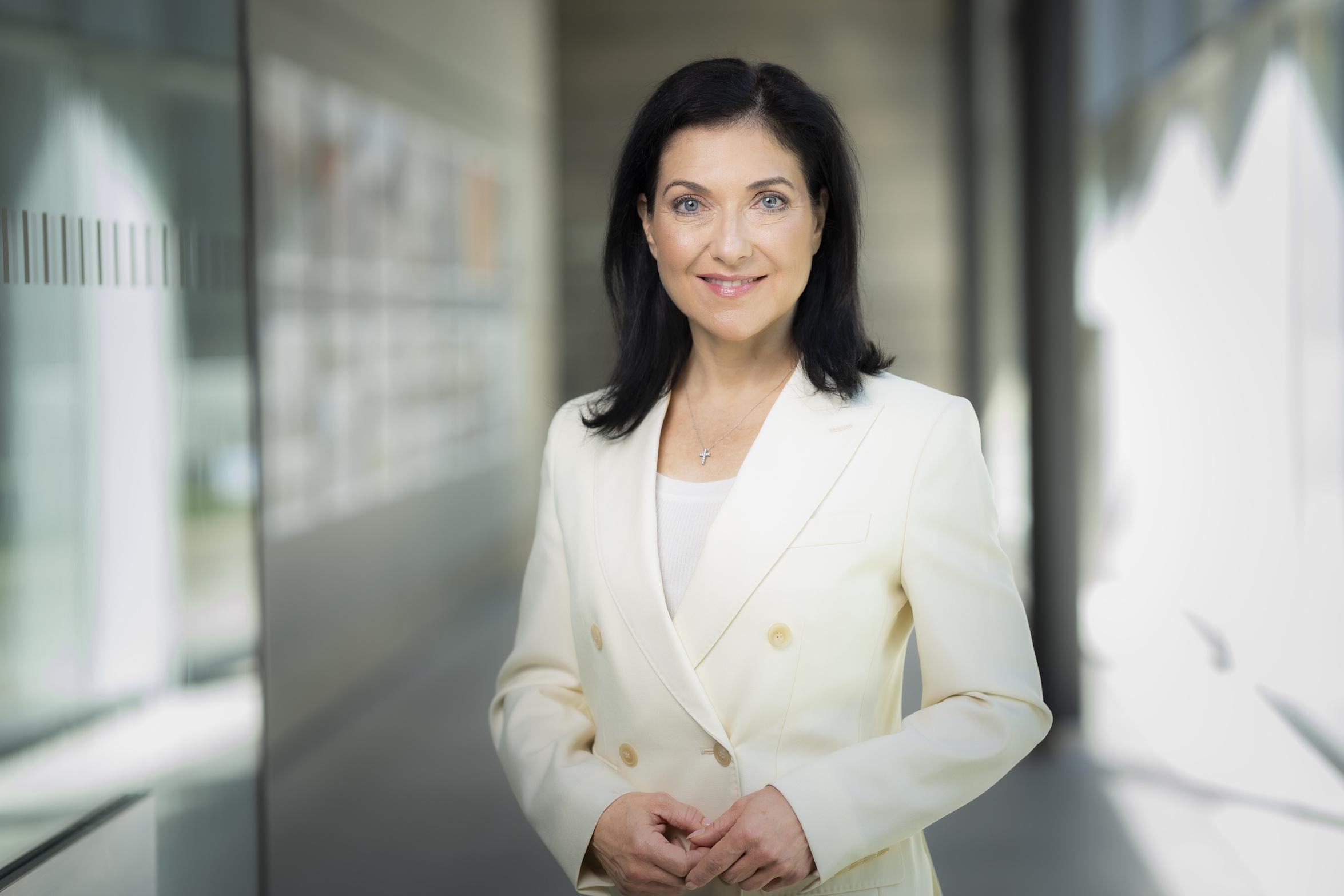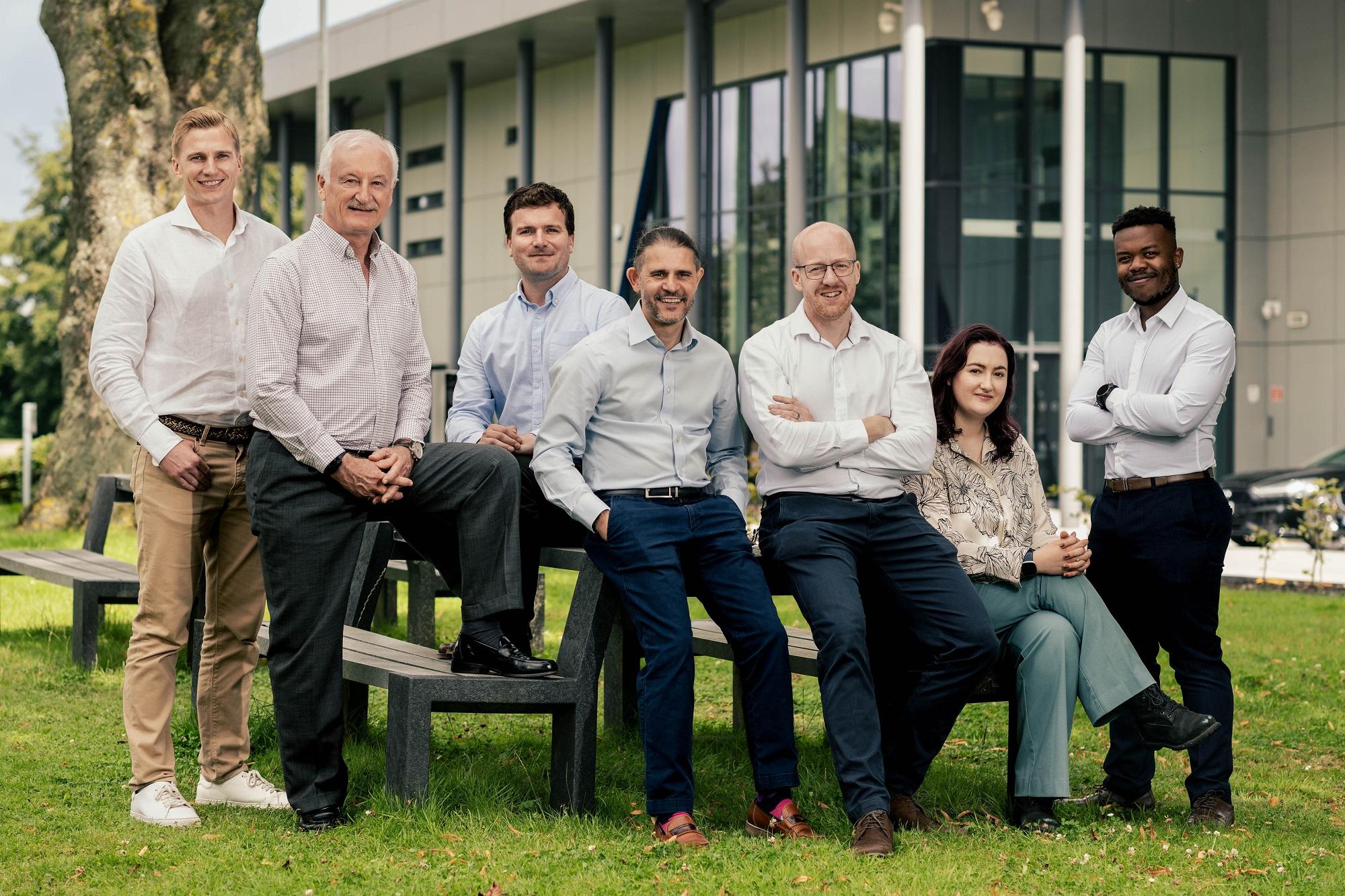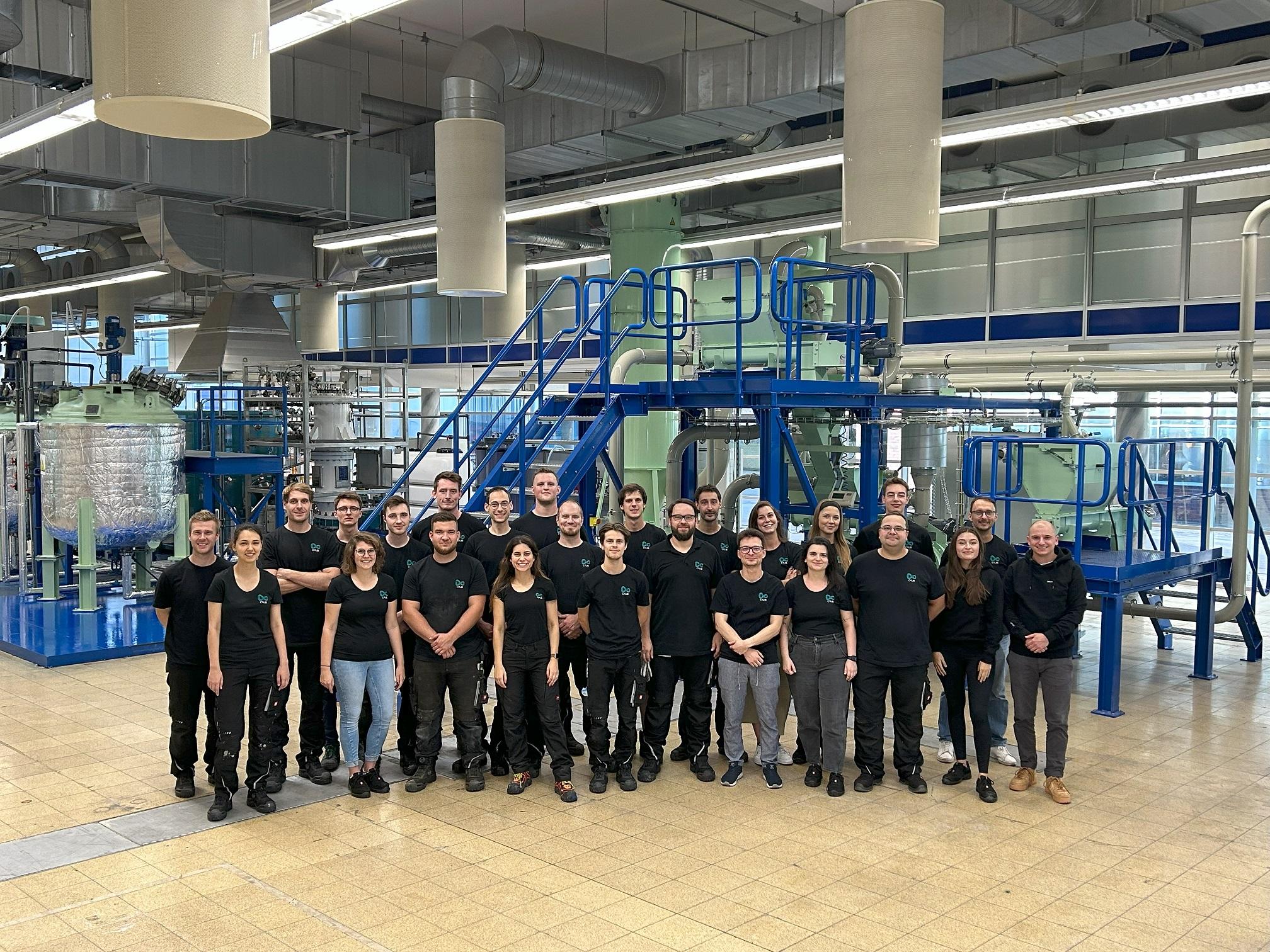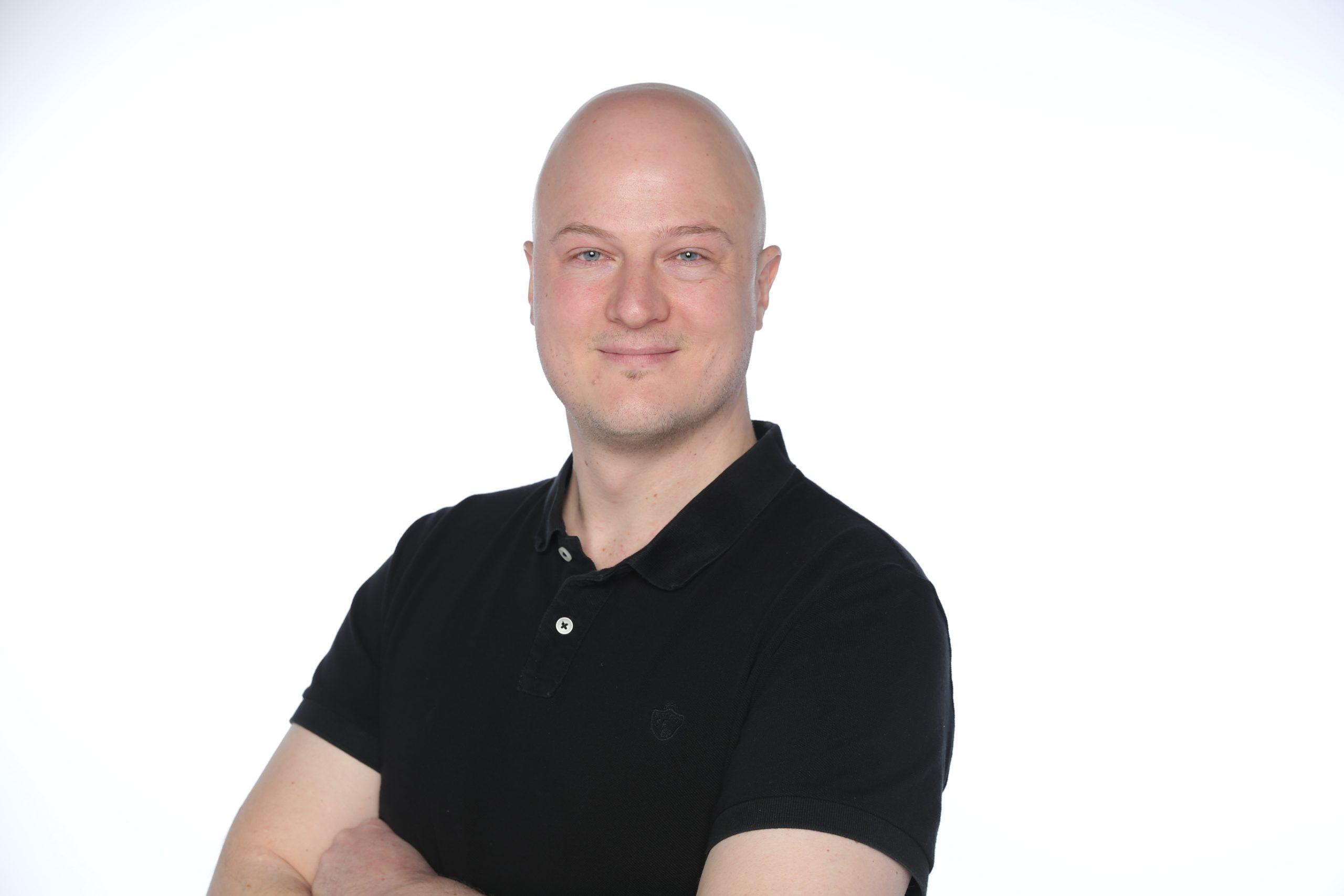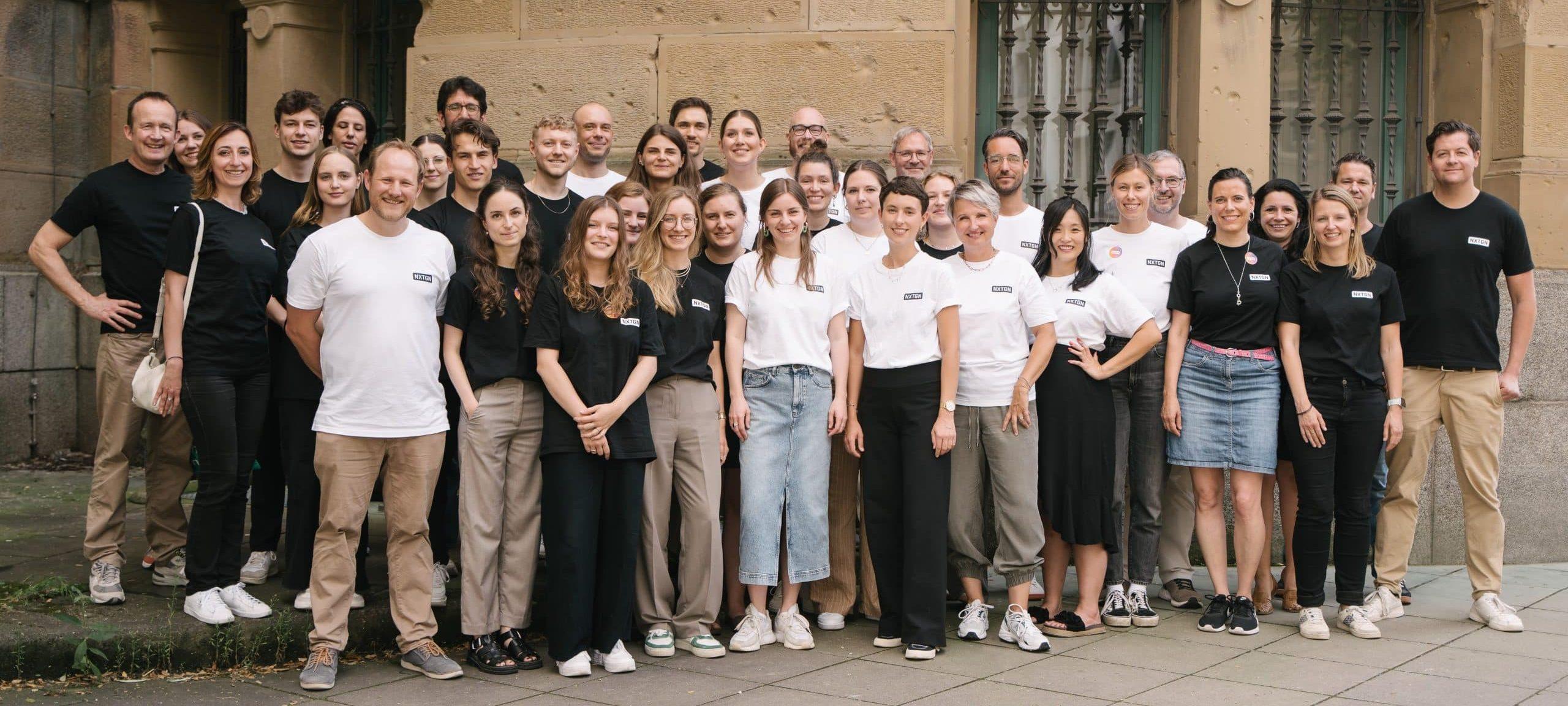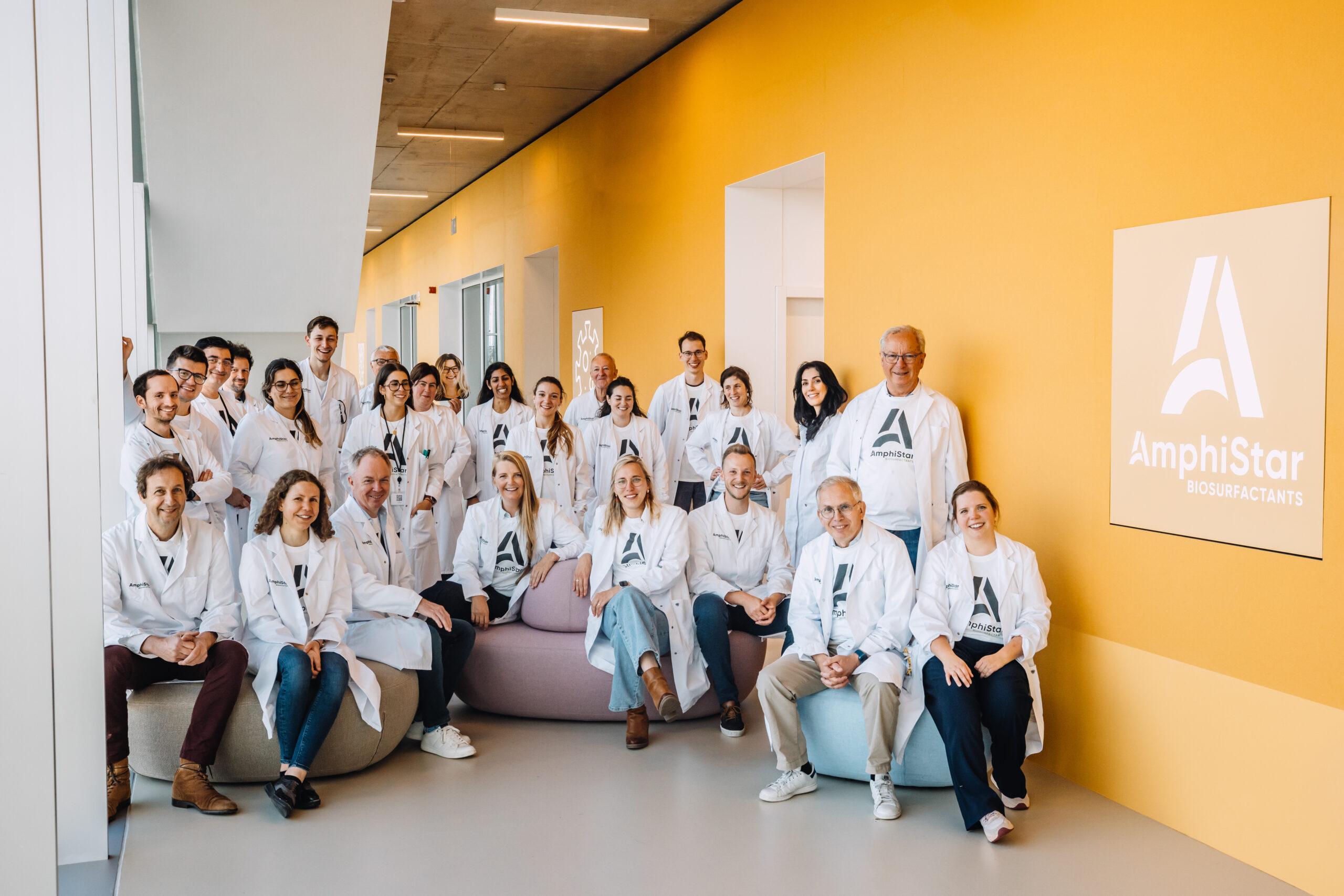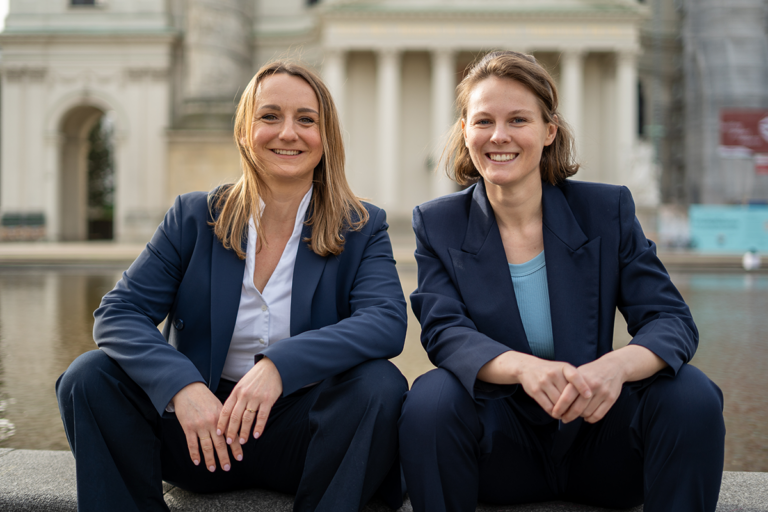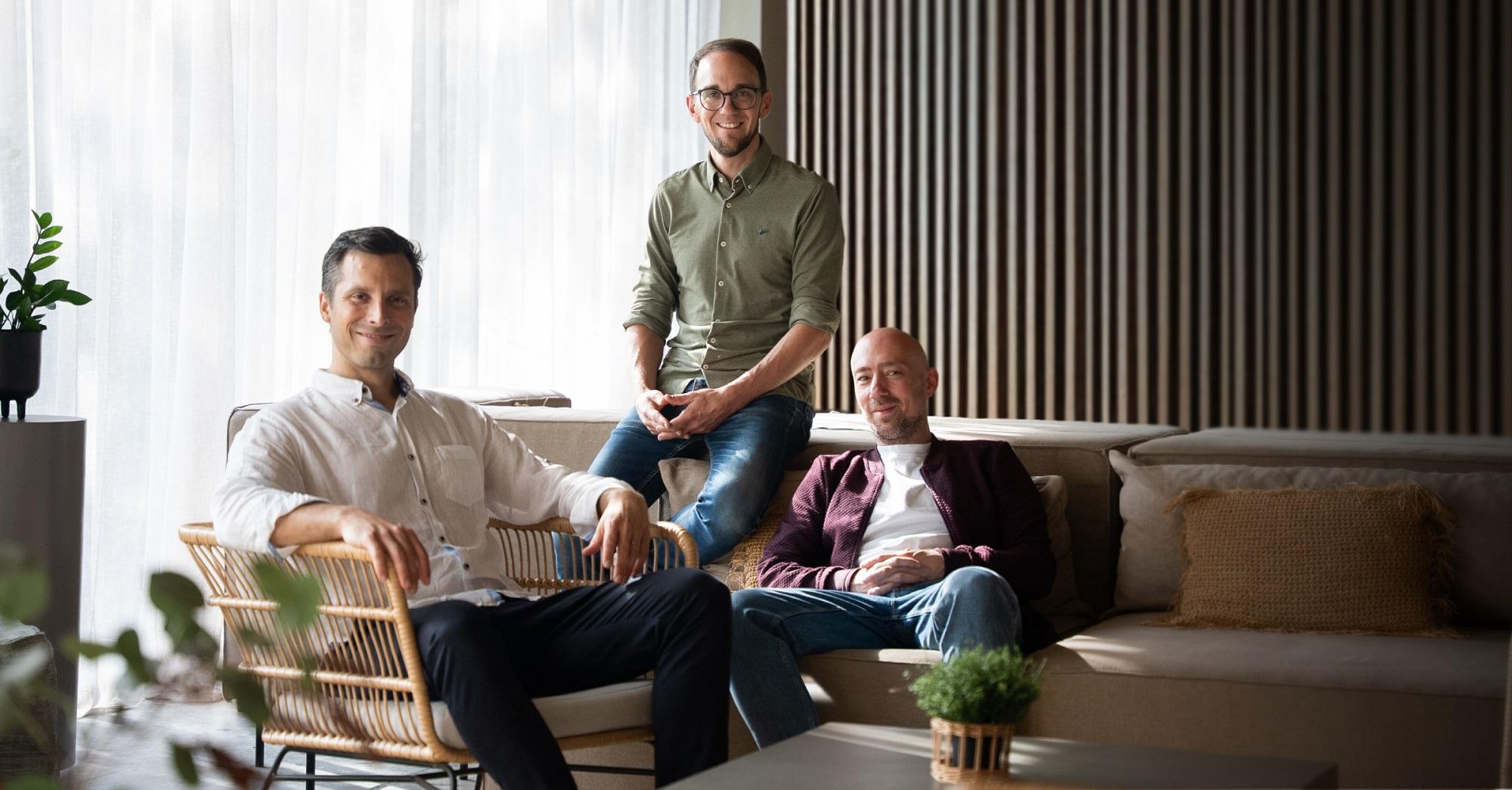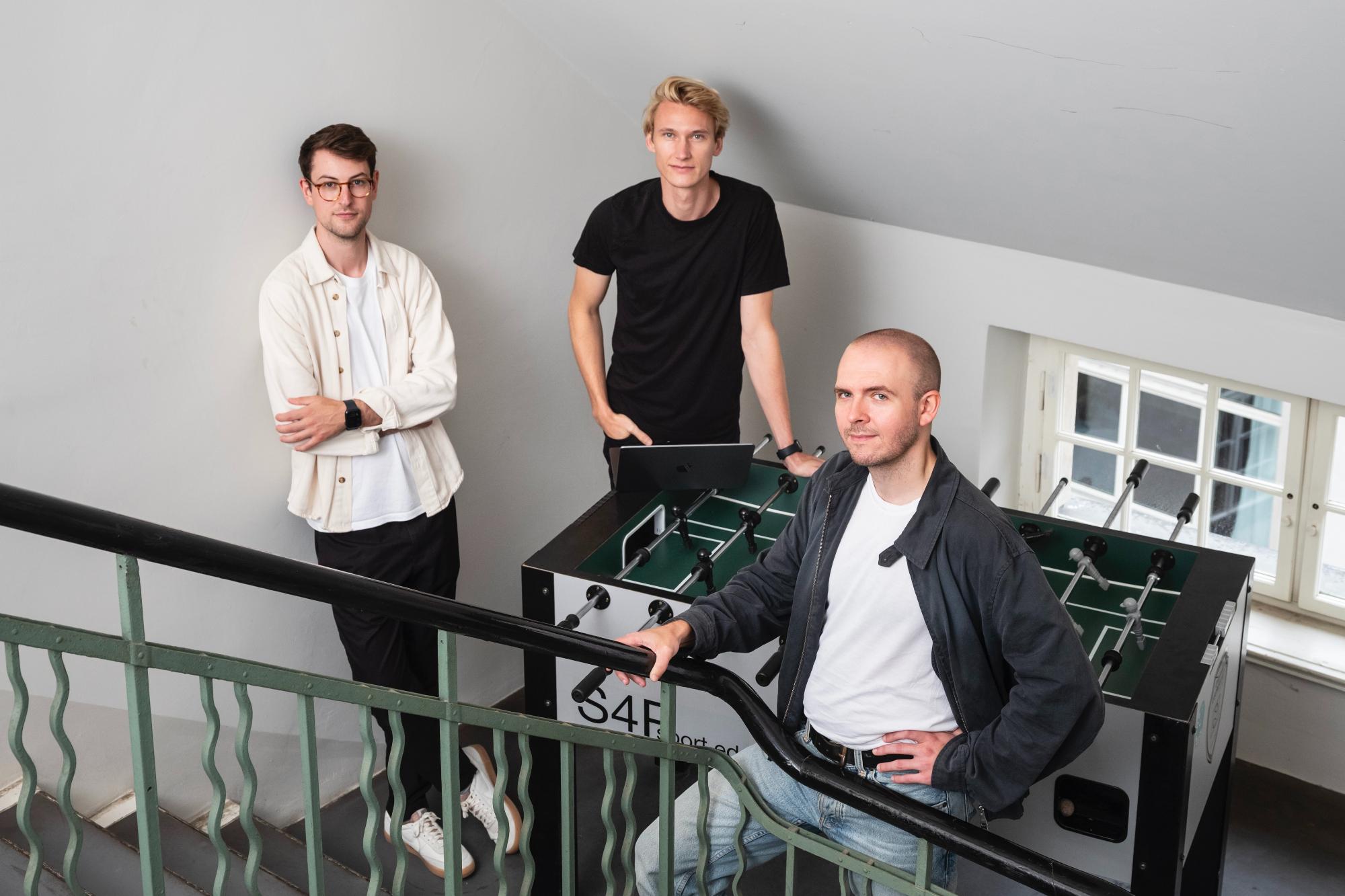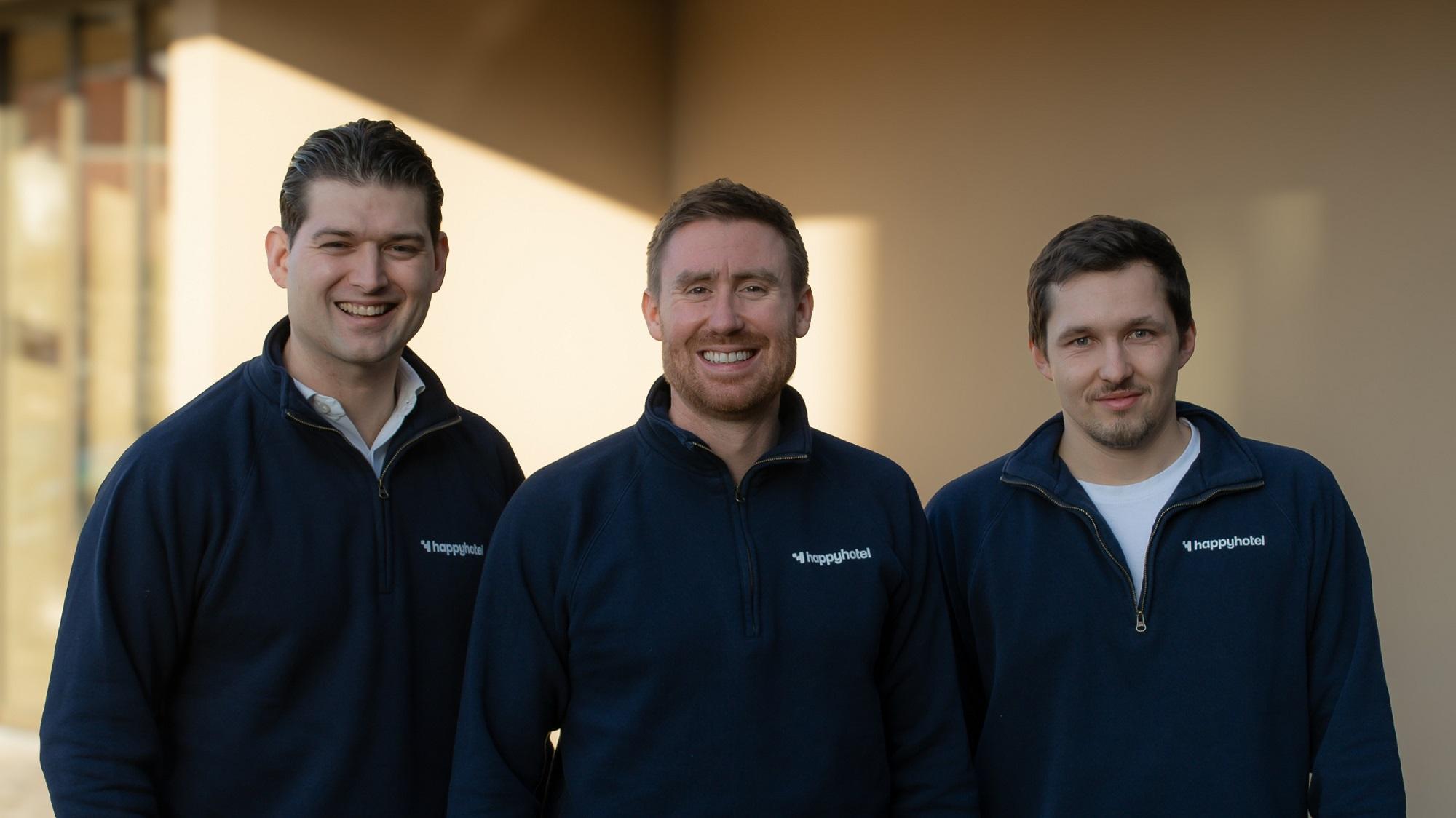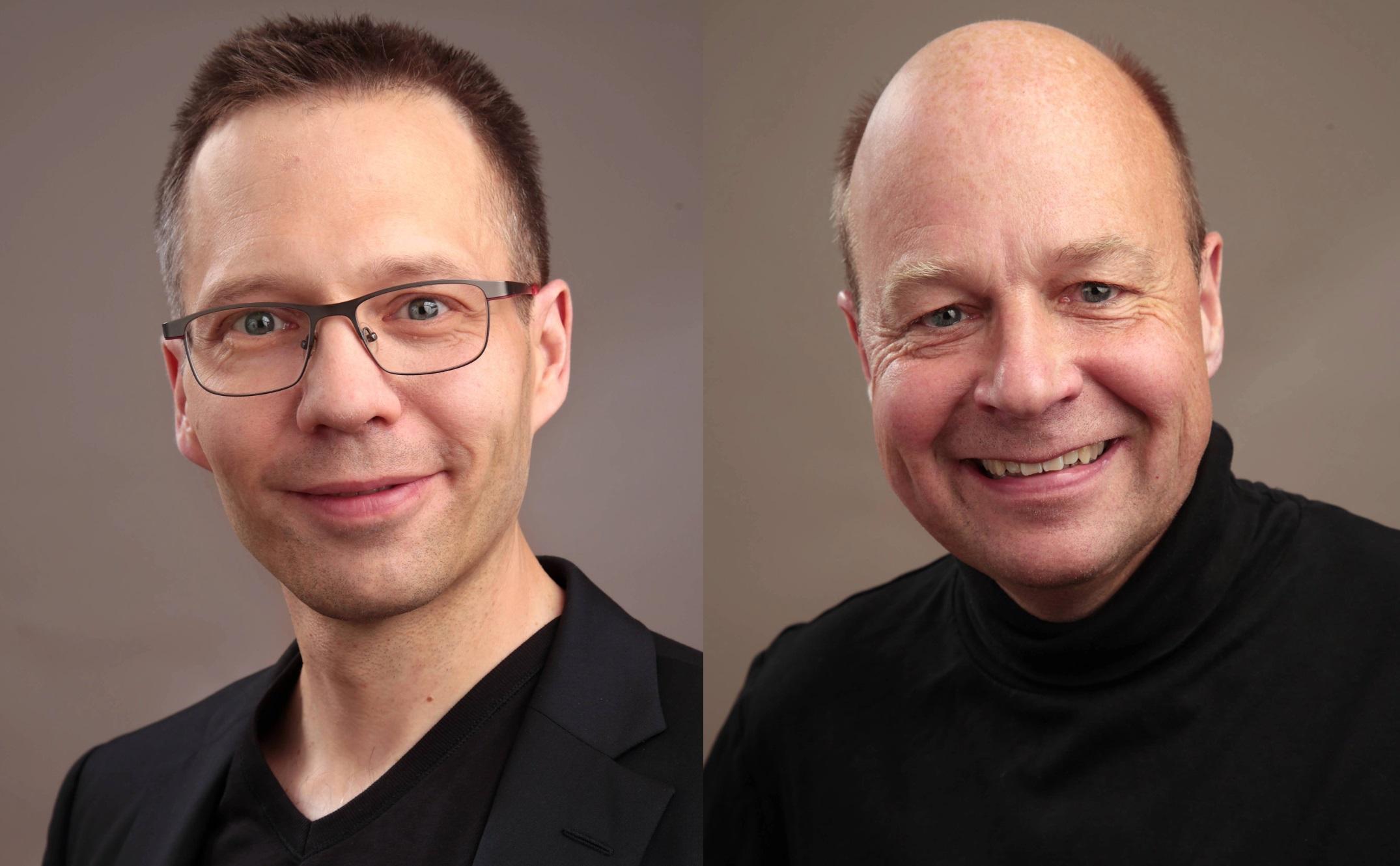1.8 million euros in funding for Minerva Carbon
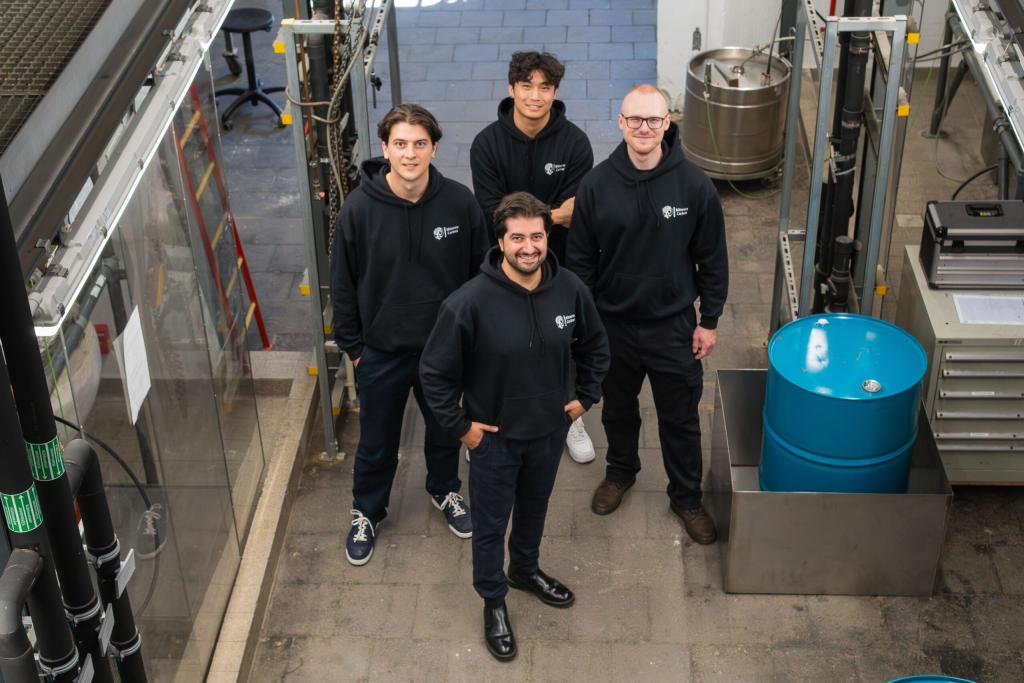
The Mülheim-based start-up is receiving around 1.8 million euros from the EXIST Research Transfer I program of the Federal Ministry for Economic Affairs and Energy. Minverva Carbon intends to use the funding to bring a novel technology for the production of mesoporous high-performance carbons to market maturity.
Research success with industrial prospects
Minerva Carbon was founded by Dr. Abdu Bilican, who completed his doctorate at the Max Planck Institute for Coal Research. Together with his co-founders, he wants to make the production of mesoporous carbons, which has been difficult to scale up to now, usable on an industrial scale. These materials are considered particularly promising for applications in batteries, supercapacitors and fuel cells. As part of his research, Bilican was able to significantly shorten the reaction time of carbon synthesis, which is a decisive step for large-scale industrial applications. Initial tests show that the materials make batteries charge faster and fuel cells last longer.
We now have a unique opportunity to commercialize mesoporous carbons with outstanding properties on a large scale for a wide range of applications.
Dr. Abdu Bilican, Founder Minverva Carbon
With the support of the EXIST program, a pilot plant is now to be built at the Max Planck Institute. The aim is to implement the technology on a large scale.
Founding team with interdisciplinary expertise
Minerva Carbon is backed by a team with complementary backgrounds.
- Dr. Abdu Bilican (material development & strategic orientation),
- Jonas Gram (Automation & Operations, previously Fraunhofer IPA),
- Julius Kaiser (Finance & Business Development)
- Nguyen-Khang Tran (Laboratory & Quality Control).
Together, they are pursuing the vision of strengthening Germany as a location for battery and fuel cell technologies and becoming part of a European value chain.
Tradition of spin-offs at the Max Planck Institute
The project is part of a long tradition of successful spin-offs from the Max Planck Institute for Coal Research. From the Fischer-Tropsch synthesis (1925) and Karl Ziegler's process for the production of polyolefins to current start-ups such as Mechsyn. "The energy transition in particular needs new ideas from an innovative environment such as the Max Planck Institute," says Prof. Dr. Ferdi Schüth, Director at the Institute.
The energy transition in particular needs new ideas from an innovative environment such as the Max Planck Institute.
Prof. Dr. Ferdi Schüth, Director at the Max Planck Institute
The EXIST funding gives Minerva Carbon the opportunity to further develop its business idea at the Institute over the next two years."The EXIST program is like a booster for us," emphasizes Bilican. "With this support behind us, we have the ideal starting position to lead Minerva Carbon into a successful future."

Newsletter
Startups, stories and stats from the German startup ecosystem straight to your inbox. Subscribe with 2 clicks. Noice.
LinkedIn ConnectFYI: English edition available
Hello my friend, have you been stranded on the German edition of Startbase? At least your browser tells us, that you do not speak German - so maybe you would like to switch to the English edition instead?
FYI: Deutsche Edition verfügbar
Hallo mein Freund, du befindest dich auf der Englischen Edition der Startbase und laut deinem Browser sprichst du eigentlich auch Deutsch. Magst du die Sprache wechseln?

